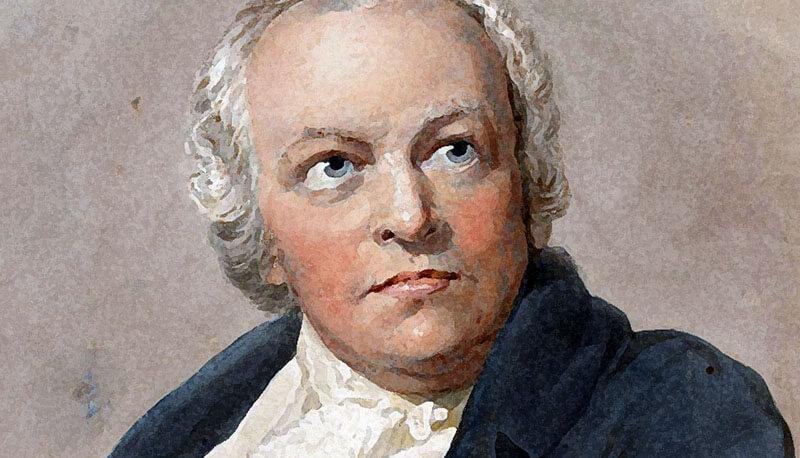Concetti Chiave
- William Blake depicted London as a dreadful city, highlighting the visible effects of the Industrial Revolution.
- The repetition of certain sounds in Blake's work emphasizes the prevailing violence and societal decay in London.
- Blake criticized commercial interests overshadowing nature, using metaphors like "mind-forg'd manacles" to illustrate mental and societal constraints.
- Characters like child chimney sweepers and soldiers illustrate social indifference and political negligence, while prostitutes symbolize economic desperation.
- The poem contrasts the innocence of lambs and children with the corruption of society, using religious symbolism to highlight purity and sacrifice.
Indice
Blake's view on london
William Blake described London as a horrible city, to demonstrate the see-able consequences of Industrial Revolution.
The repetition of some sounds reinforces the sense of violence which dominated London and the disease between people.
The commercials were attacked by the poet. Society is dominated by commercial interest over nature. There is a metaphor: mind- forg’d manacles which would represent the psychological status of man. He forged with is mind the manacles and they limit his imagination the manacles stand for the cities quacked by industrialization, for ex. he provided London as an awful city.

Social issues and consequences
Child chimney sweeper and soldiers. First is an indictment of the indifference of church that had lost the touch. The soldier’s death is on the king’s responsibility and on political powers. The other characters are the prostitute. In the last stanzas was a deal with prostitution, which is victim of lack of job. Another important feature is hears, a word linking marriage to death because the marriage with a prostitute comports the death for venereal illness so the marriage could become funeral hearse. The tone is grave and often is a sign of indignation of the poet regarding the oppressed that is directed to the oppressors.
Symbolism of the lamb
Speaker is the poet. Child and the poet are speaking to a lamb. Poet compared himself to a child, which god was compared to the innocence of a lamb.
In the 1 stanza there are various expression dealing goodness so the real nature of lamb. Various nouns can be grouped in softness, warmness, sweetness, and generosity. There connotations have a positive Quality in commons and the creator appears to be good. The characters are pure not mixed with civil elements and corruption.
In the second stanza it’s the define the Creator. (meek, kind, lamb)
There is a comparison: god was compared with the innocence of a lamb and child. Lamb and child represent innocence, goodness, sweetness.

Innocence and purity
The lamb could stand both as a real animal as a symbol of perfect innocence oh childhood (some mental states of soul that the poet loves.) Real is caused by natural setting.
The Symbolism is based on the image of Christ, the Lamb of God, who was personified in human child. The purity was stressed.
The three protagonists (lamb, god and child) have a common element. In first line repetition creates an effect of urgency and energy.
Every sentence of poesy is interrogative to create Kissing rhymes.
The tone: by candid innocence it passes to a wondering one.
Domande da interrogazione
- ¿Cómo describe William Blake a Londres en su obra?
- ¿Qué simboliza la metáfora "manacles forjados por la mente"?
- ¿Qué personajes aparecen en la obra y qué representan?
- ¿Cuál es el simbolismo del cordero en la obra?
William Blake describe a Londres como una ciudad horrible, destacando las consecuencias visibles de la Revolución Industrial.
La metáfora "manacles forjados por la mente" representa el estado psicológico del hombre, limitando su imaginación y simbolizando las ciudades afectadas por la industrialización.
Aparecen el niño deshollinador, los soldados y las prostitutas. El niño deshollinador critica la indiferencia de la iglesia, los soldados representan la responsabilidad del rey y el poder político, y las prostitutas simbolizan la falta de empleo y las enfermedades venéreas.
El cordero simboliza la inocencia perfecta y la bondad, comparándose con Cristo, el Cordero de Dios, y con los niños, destacando la pureza y el sacrificio.








 Accedi a tutti gli appunti
Accedi a tutti gli appunti
 Tutor AI: studia meglio e in meno tempo
Tutor AI: studia meglio e in meno tempo